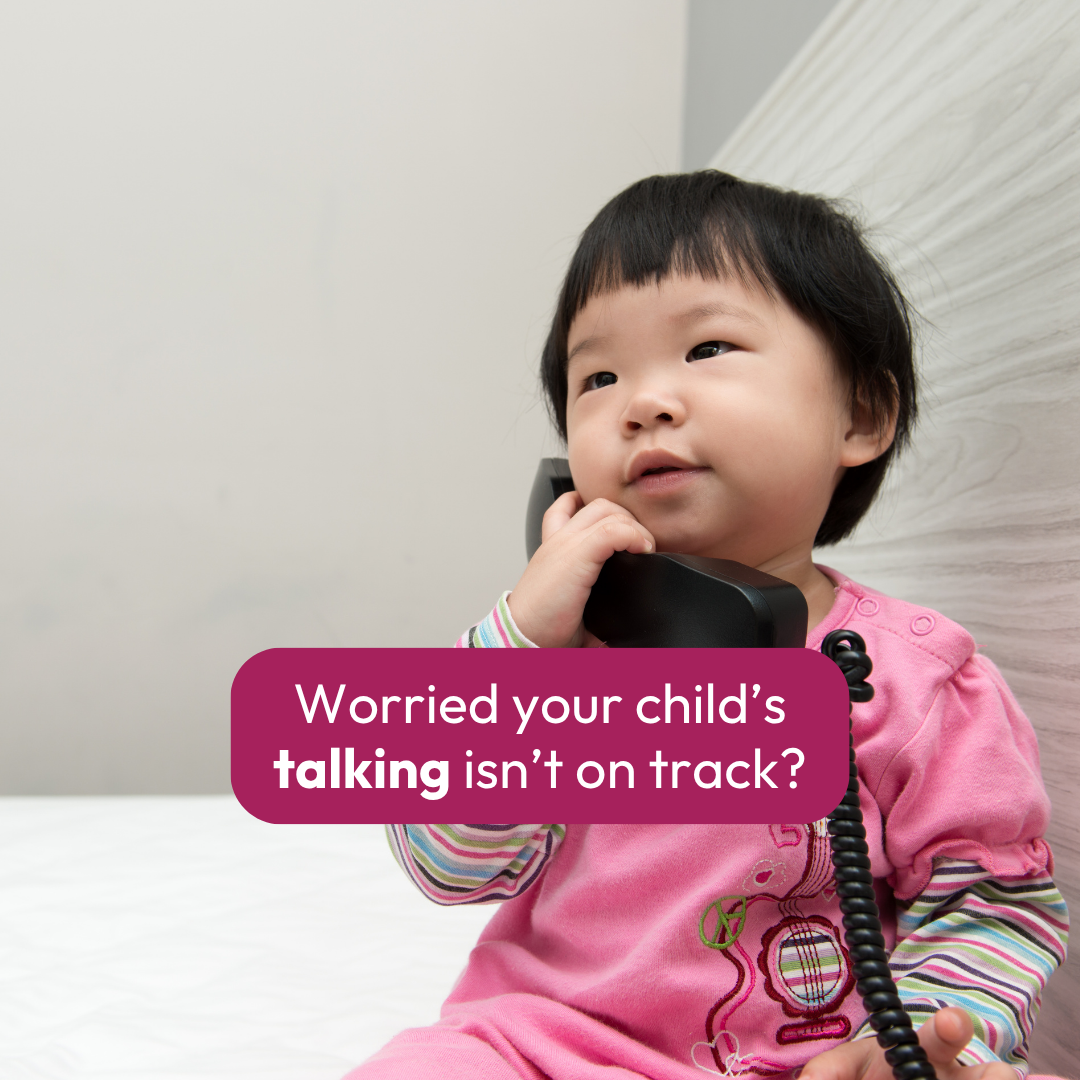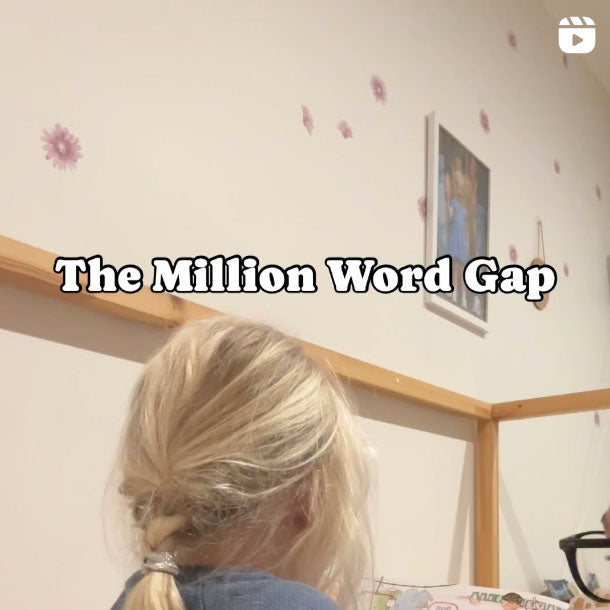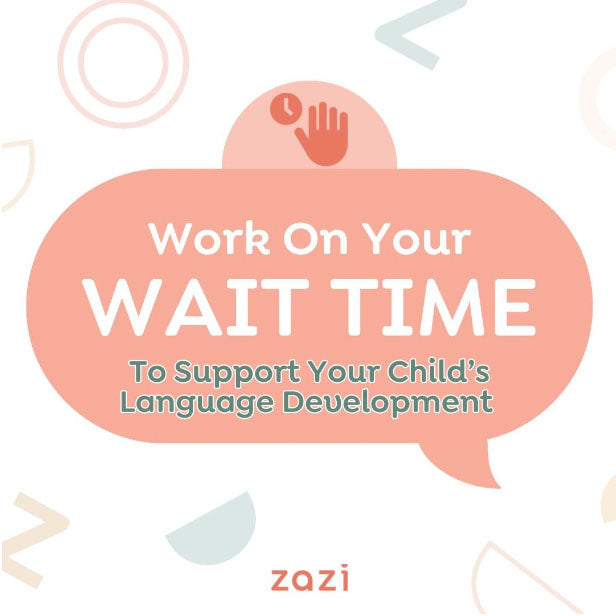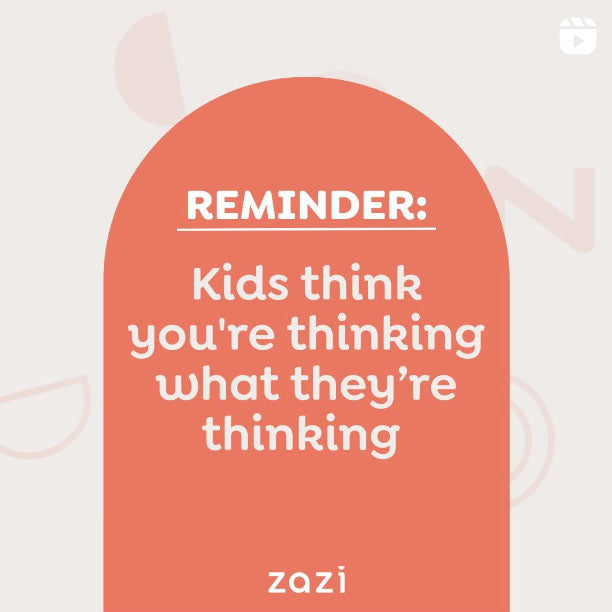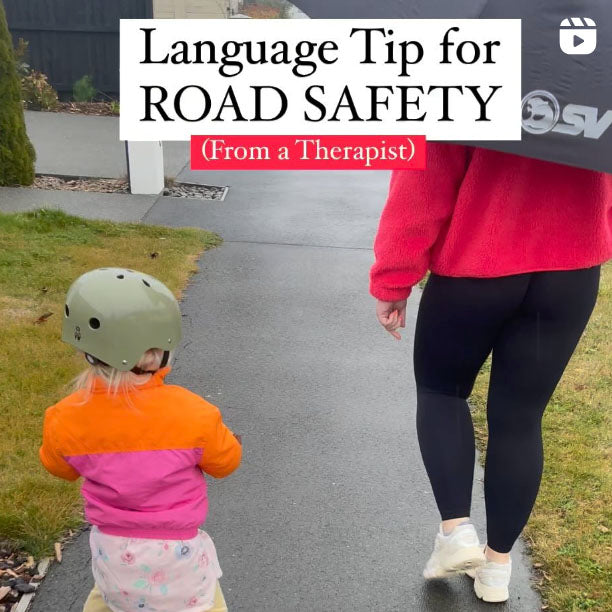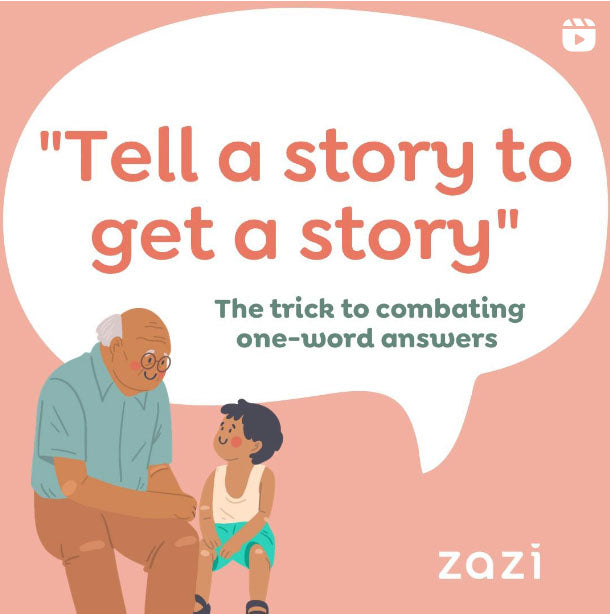Supporting Behaviour: What to Say
This one's a powerful one. We know from research that praising a child when they're doing the right thing is the BEST way to support their behaviour. Every time you 'tell them off' by saying the behaviour they shouldn't do - you're not teaching them what they COULD be doing for praise. And children thrive on praise and positivity. We all do - it makes us feel warm inside and it makes us want to do the same thing over and over to get that good feeling! E.g. If someone praises your baking, you're more likely to bake again.
WHAT TO DO WHEN THEY'RE MISBEHAVING:
Think about what you WOULD like them to do and support them to do it.
For example I don't let August jump on the sofa. But he does it every few days as a little test or when he gets excited.
Instead of saying what I DON'T want him to do, e.g. "Stop jumping, don't do that, I've told you I don't like it when you jump" which is all negative. I say "can you climb down and jump on the carpet?" Which clearly teaches the behaviour I want to see, then I say "wow you're jumping so high on the carpet! You're keeping your body safe - that's great!". The praise makes him feel good and it keeps our relationship positive. It means I never have to shout at him/tell him off which maintains our trust and our relationship.
CAPTURE THE MOMENT
Look for opportunities to praise way before the behaviour can go down hill. If you know your little one is prone to letting go of your hand in the car park, provide praise way before it happens. "You're holding my hand in the busy car park, well done for staying safe. You can let go when we get to the door". If you don't get in there and praise early, the behaviour is more likely to go downhill and you're more likely to be tempted to shout / call out the negative behaviour.
Think about the times you're most likely to tell your little one off and plan to work praise into your routine. Always shouting at dinner time? Plan to praise the second they sit down. "You're sitting so well".
Tag a friend who's looking to support their little one's behaviour. This stuff is tricky and takes a lot of practice!!




